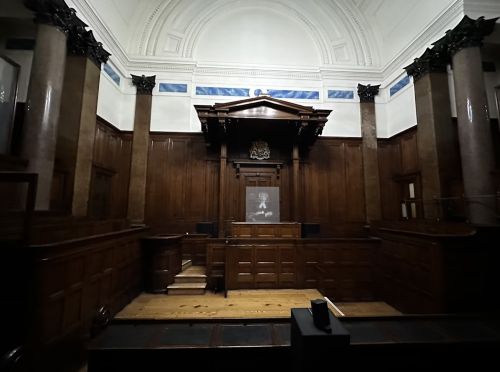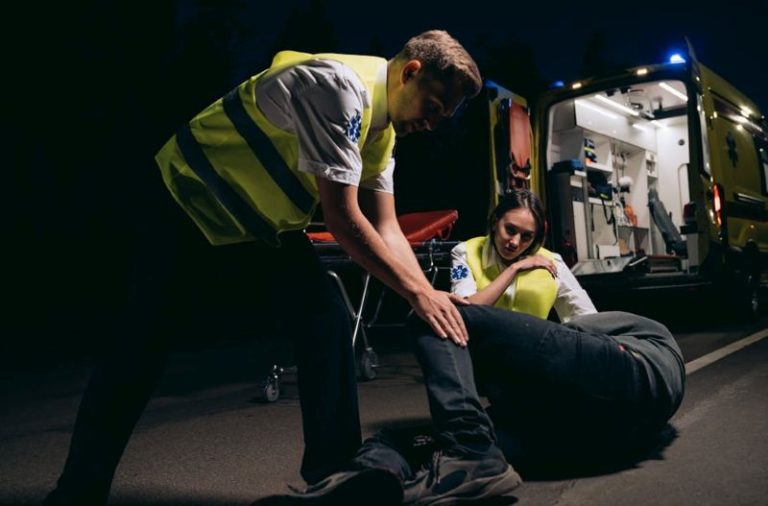

Let’s face it. Sexual abuse cases are among the most trying times anyone could go through.
The court process. The confusing language. The seemingly cold-hearted defense team.
But here’s something you should know…
The right legal strategy can make all the difference.
With sexual abuse cases increasing by 62.5% since 2020, knowing what to expect in court is more important than ever. The good news?
When you choose experienced Kayla’s Survivors sexual abuse attorneys to fight your case, you get the guidance you need and access to the justice you deserve.
Here’s the other thing…
Most victims don’t know their legal options. They don’t know they can take action. Or they assume the legal process will be too challenging to face.
I want to show you what to expect when seeking legal action for a sexual abuse case.
Contents
- Understanding Your Legal Rights
- The Investigation Process
- Building A Strong Case
- What Happens During Trial
- Settlement vs. Court Options
Understanding Your Legal Rights
Before anything else, let me assure you of one thing…
You have rights.
Here’s the thing most people don’t know:
Sexual abuse cases can be filed in both criminal and civil court. These are two distinct systems with different processes.
The former is a process initiated by the state to punish the offender. The latter is a legal case pursued by you, the survivor, to recover damages.
Both can be pursued at once.
Consider this…
The criminal justice system’s goal is to punish. The civil court is where the survivor claims financial compensation. Both processes are essential to recovery and justice.
Statute of Limitations
I know most survivors ask this at some point.
“Is it too late?”
The statute of limitations depends on where you live. Many states have lifted and extended the deadline for sexual abuse claims, especially childhood abuse. Some states now let survivors file claims long after the abuse.
That means…
Even if the abuse happened a long time ago, you might still have the legal right to take action.
The Investigation Process
Ok, so what happens when you say, “YES”?
In the investigation phase, your attorney will be looking for all possible evidence that will strengthen your claim. That’s one of the most crucial parts of the entire legal journey.
Your legal team will be doing the following:
- Interviewing witnesses that can testify about your claims
- Gathering your medical records and reports
- Gathering any physical evidence in your possession
- Reviewing communications like texts and social media
- Looking for other potential victims
The most surprising part to victims is that the investigation process sometimes yields more evidence than the victim realized.
Patterns of behavior, other victims, and evidence you might not have been aware of becomes handy. This is why working with a specialized sexual abuse attorney is important.
Medical and Psychological Evidence
Medical evidence is crucial in a sexual abuse claim.
If you sought medical treatment after the abuse or went to therapy, those records become essential pieces of evidence. This goes for both physical and psychological treatment.
Documents such as:
- Physical injuries and medical checkups
- PTSD, depression, or anxiety diagnosis
- Reports from therapy sessions
All help in establishing the trauma you suffered and strengthen your case.
Building A Strong Case
Ok, brace yourself…
Building a strong sexual abuse case takes a different kind of approach. It’s not about proving the act of abuse but how it impacted your life.
The legal team will focus on three key areas:
- Liability – Proof that the defendant is responsible for your damages.
- Causation – Proof that your damages are a direct result of the abuse.
- Damages – Documentation of how the abuse has impacted your life.
Evidence Collection
The more evidence the better the case.
This includes:
- Your own testimony regarding the act of abuse
- Testimony from witnesses you disclosed to
- Expert testimony from psychologists and medical personnel
- Proof of the defendant’s ability to access the victim
- Admissions from the abuser
I know this might sound shocking, but…
Less than 4% of sex crimes result in conviction in the criminal system. That’s why the civil legal system is the best option for survivors who want justice and compensation.
Expert Witnesses
The use of expert witnesses can make or break a case.
Psychologists explain trauma responses and why a victim can take time to report. Medical professionals testify about injuries. Other specialists provide expert knowledge regarding grooming behavior or institutional failures.
These experts will help the jury understand:
- Why you reacted the way you did to the sexual abuse
- Long-term effects of sexual abuse
- How institutions failed to protect victims
What Happens During Trial
Many cases don’t make it to trial.
In fact, many cases are settled long before it. But if your case does go to trial, you should know what to expect…
Trial is a long process. It could take several months to years.
It will include:
- Jury selection
- Opening statements
- Witness testimonies
- Cross-examinations
- Closing statements
Your attorney presents your case first. After which, the defense gets a chance to present their version.
Your attorney will be at your side throughout the entire process, fighting for your rights every step of the way.
Testifying
I’ll be honest with you…
Testifying about your sexual abuse experience is traumatizing. You will recall traumatizing experiences in front of strangers.
You don’t have to do it alone.
Your attorney will guide you every step of the way. This includes:
- Helping you prepare for all the questions to expect
- Advice on what to do if you feel uncomfortable or triggered
Judges and juries are becoming more educated on trauma and the varying ways it affects a victim.
Settlement vs. Court Options
The question on many victims’ minds early on is…
Do I have to go to trial?
The answer is a big fat no.
Sexual abuse cases are often settled before the case even gets to trial. There are many benefits to going down this route.
Settlements can provide the following advantages:
- Faster outcomes and financial compensation
- Less stress and re-traumatization
- Privacy
- Guaranteed agreement from the other party
Settlements, though, may not be the best way for all victims. Some prefer going to court. They want to hold their abusers accountable publicly. They may need the public validation of a jury.
Making The Decision
It’s at this point that your attorney will brief you on all your options.
They will discuss the pros and cons of both options. The possible outcomes of a trial. The settlement options that are reasonable.
In the end, it is your call…
But with an experienced sexual abuse attorney by your side, you can rest assured you are making the right decision. Your attorney will fight to ensure you get maximum compensation either through trial or settlement.
Final Thoughts
Legal strategies for sexual abuse cases have come a long way in recent years.
The legal system is becoming more victim-friendly with:
- Extended statute of limitations
- Better education on trauma
- Focus on institutional accountability
It’s still essential to have a sexual abuse attorney to guide you through the legal process. You need someone who understands the unique legal issues that surround sexual abuse cases.
As you consider the best way to move forward, keep these things in mind…
You are entitled to justice. You are entitled to compensation for the traumatic experience you were subjected to. And you are entitled to an attorney who will handle your case with the seriousness it deserves.
The legal process can be scary. But taking the first step and holding the offender accountable is a power in itself. It is your right.
Do it.
With the right legal team by your side, you can and will get through this. The earlier you get in touch with a qualified sexual abuse attorney, the earlier your case is built and ready.


